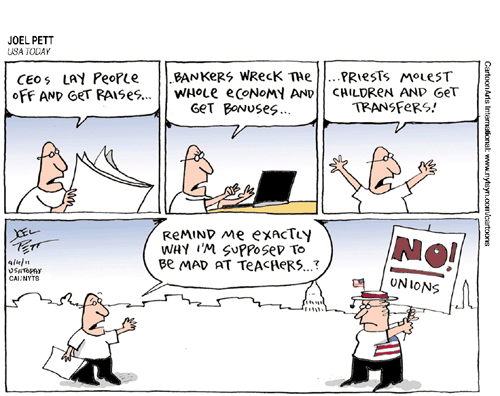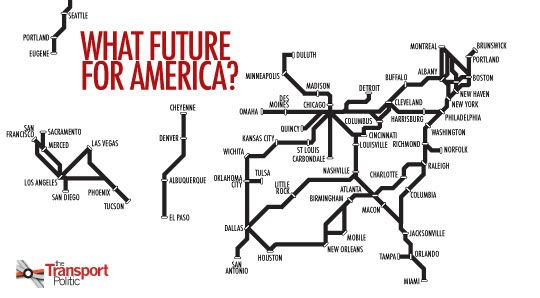 Once again the corporate owned, conservative Supreme Court has struck down the 1998 Arizona Campaign Finance Law provided escalating matching funds to candidates who accept public financing. How the Roberts’ court decided that law violates the First Amendment rights of these corporation is truly a backbreaking twist if logic and the constitution.
Once again the corporate owned, conservative Supreme Court has struck down the 1998 Arizona Campaign Finance Law provided escalating matching funds to candidates who accept public financing. How the Roberts’ court decided that law violates the First Amendment rights of these corporation is truly a backbreaking twist if logic and the constitution.
The vote was again 5-to-4, with the same five justices in the majority as in the Citizens United decision. The majority’s rationale was that the law violated the First Amendment rights of candidates who raise private money. Such candidates, the majority said, may be reluctant to spend money to speak if they know that it will give rise to counter-speech paid for by the government.
“Laws like Arizona’s matching funds provision that inhibit robust and wide-open political debate without sufficient justification cannot stand,” Chief Justice John G. Roberts Jr. wrote for the majority. Justice Antonin Scalia, Anthony M. Kennedy, Clarence Thomas and Samuel A. Alito Jr. joined the majority opinion.
What about the under funded candidate’s right to be heard under the First amendment? The reason for the law, which was written after a corruption scandals rocked the state’s election financing during the 90’s, was to foster free speech:
The idea was to encourage candidates to forgo the scramble for money, with all its inherent invitations to corruption — to spend more time speaking to the electorate, and less time speaking to potential funders.
In that sense, its goal was very much to increase genuine political speech. But to the Roberts court, money as speech takes precedence over speech as speech.
The court’s majority clearly telegraphed its antipathy to the Arizona provision during oral arguments in March. The only real suspense was whether they would go further, and use the case to cast doubt on public financing generally.
So there was a sense of relief in the good-government community Monday.
“This is not the death knell of public financing. This ruling affects only one mechanism of public financing, and there are numerous ways to fix it,” said Common Cause president Bob Edgar in a statement. “Today, in the wake of Citizens United, it is more critical than ever that we change the way we pay for our elections by moving to a small donor system that gives the public a voice back in our government. Nothing short of our democracy is at stake.”
Well, thank these corporate shill justice for that.
The dissent written by Justice Elena Kagan, which was joined by Justices Ruth Bader Ginsburg, Stephen G. Breyer and Sonia Sotomayor, said that the Arizona law protected the First Amendment by promoting more speech and less corruption. It is not just a scorching criticism of the majority but an indictment of their own corruption:
Justice Elena Kagan on Monday began her blistering minority dissent with a morality play comparing two states. One of them limits itself to what is essentially current federal campaign finance law — and “remains afflicted with corruption.” The other tries to create a robust public-financing regime — and rids itself of corruption. The majority, Kagan writes, has taken the side of corruption.:
A person familiar with our country’s core values — our devotion to democratic self-governance, as well as to “uninhibited, robust, and wide-open” debate, New York Times Co. v. Sullivan, 376 U. S. 254, 270 (1964) — might expect this Court to celebrate, or at least not to interfere with, the second State’s success. But today, the majority holds that the second State’s system — the system that produces honest government, working on behalf of all the people — clashes with our Constitution. The First Amendment, the majority insists, requires us all to rely on the measures employed in the first State, even when they have failed to break the stranglehold of special interests on elected officials.
I disagree. The First Amendment’s core purpose is to foster a healthy, vibrant political system full of robust discussion and debate. Nothing in Arizona’s anticorruption statute, the Arizona Citizens Clean Elections Act, violates this constitutional protection. To the contrary, the Act promotes the values underlying both the First Amendment and our entire Constitution by enhancing the “opportunity for free political discussion to the end that government may be responsive to the will of the people.” I therefore respectfully dissent.
After the recent rulings that have sided with corporations this ruling comes as no surprise.
h/t to David Dayen for further reading on this decision at The Brennan Center for Justice



 Way back before the Super Bowl, the White House had a series of exciting announcements, covered at
Way back before the Super Bowl, the White House had a series of exciting announcements, covered at 
Recent Comments